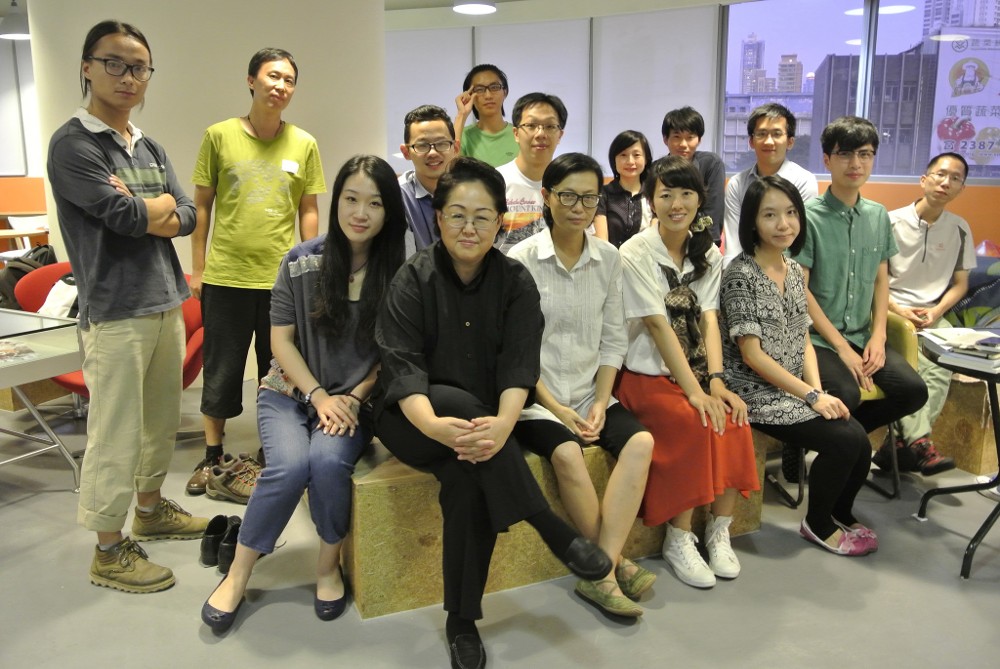



Google “Ada Wong” and the first several entries you’ll see are about a mysterious but wildly glamorous industrial spy in the international video game phenomenon, Resident Evil. It’s only towards the bottom of the list that you might encounter the real Ada Wong—a demurely dressed Chinese-born Hong Kong attorney who is a tireless promoter of education and the arts in Asia generally, and in Hong Kong in particular.
Wong, who earned a bachelor’s degree at Pomona College in California and qualified as a solicitor in London, returned to Hong Kong in the 1980s and joined the law firm of Philip K. H. Wong, Kennedy Y. H. Wong & Co. in 1986, where she is the partner in charge of the firm’s commercial and corporate finance department. That would seem to be time-consuming enough, but Wong has been a relentless force for good outside of her day job.
Over a 12-year period that straddled the former British colony’s 1997 reunification with China, Wong served as an elected member of its Urban Council and then the Wan Chai District Council, which she later chaired. These positions brought her in close contact with the local residents of one of Hong Kong’s oldest, busiest and most colorful districts—and, ultimately, a successful opponent of what she describes as the government’s “demolition strategy” in the name of urban renewal.
At that time, many people viewed Hong Kong as a transient city and a place primarily for making money. Instead, Wong asked, “What does it mean to be a Hong Kong person and what should we cherish besides money?” To provide local residents with a sense of identity and promote cultural pluralism, Wong and a group of like-minded friends established an advocacy platform for cultural policy, known as the Hong Kong Institute of Contemporary Culture (HKICC) in 1998. Under her leadership, the HKICC launched numerous projects to promote Hong Kong in the international arena as well as sponsoring local arts education; that includes Hong Kong’s first major international bilateral cultural festival—with Berlin in 2000—and the establishment in 2006 of its first (and only) school for the arts, media and design education, the Lee Shau Kee School of Creativity, for senior secondary school students. She is the supervisor at the school, whose students she refers to lovingly as “the children I do not have.”
Next Wong created MaD (Make a Difference) under the auspices of HKICC in 2010 to empower young people across Asia to think “creatively and innovatively,” she says, about personal, economic, social and environmental change. Last year MaD’s annual forum attracted over 1,600 young “MaDees” from across Asia. And in 2012 she launched the Good Lab, an initiative aimed at bringing together changemakers from all walks of life to work, collaborate and take action for a sustainable, innovative and equitable future.
In a city historically dominated by the twin juggernauts of banking and real estate, Wong is seeking to carve out a role for artists and others who think outside of the box. “Hong Kong deserves a better future,” she said in an interview. As for what drives her, Wong says, “You are not in this world just to make a living. You are here to make a difference, to bring hope and positive changes to society.”